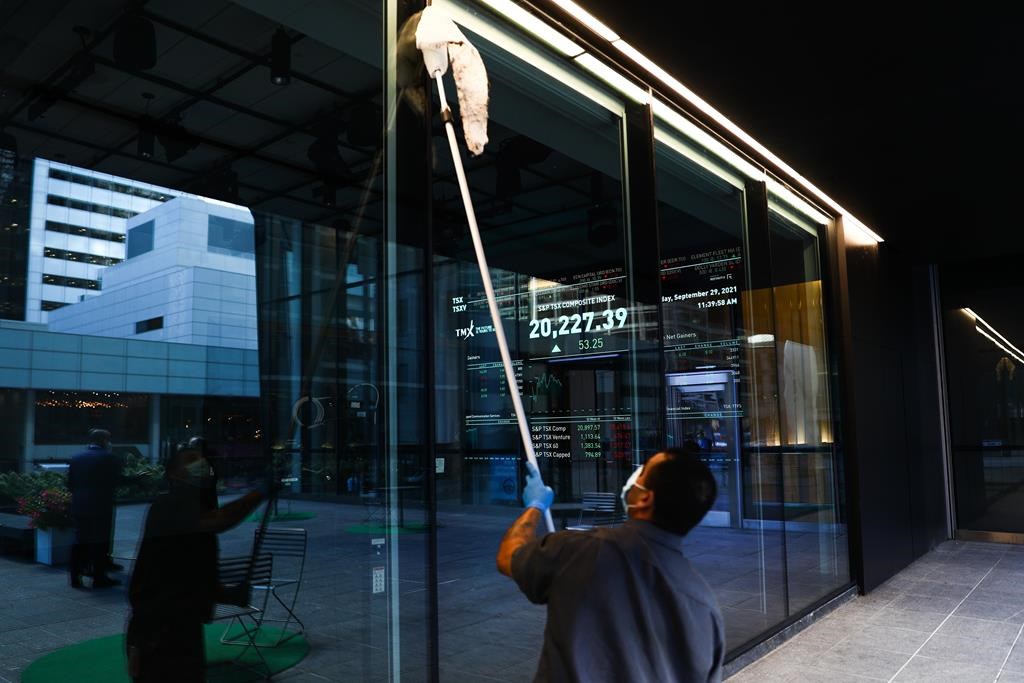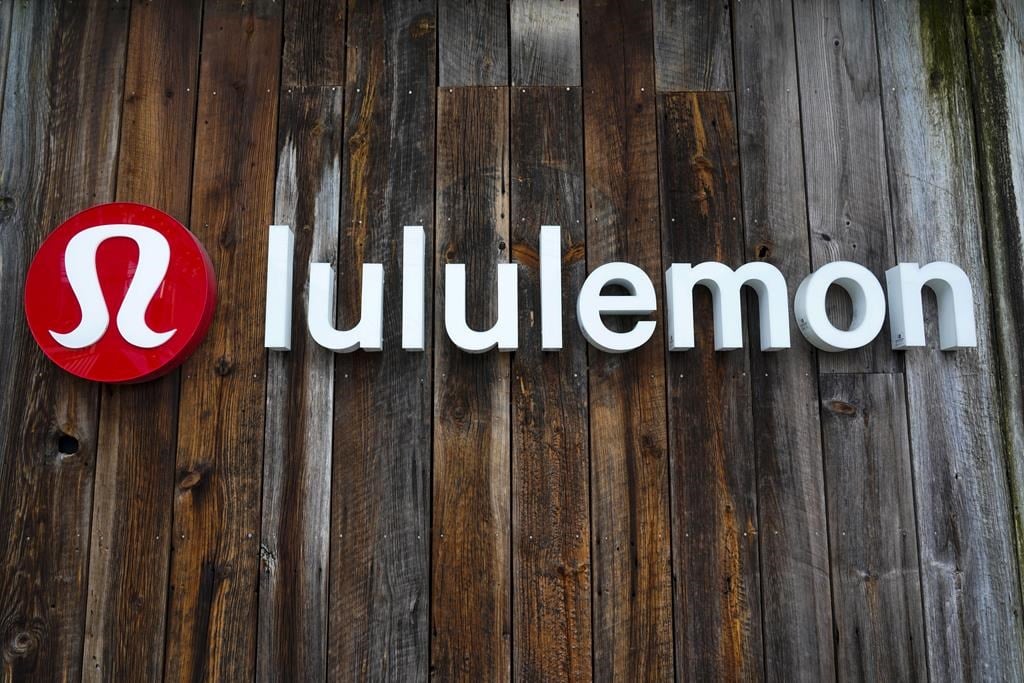
Best home insurance in Canada
fizkes / Shutterstock
Updated: August 09, 2023
Editor's note
Advertisers are not responsible for the contents of this site including any editorials or reviews that may appear on this site. For complete and current information on any advertiser product, please visit their Web site.
The best home insurance companies in Canada protect your home and its contents against unexpected circumstances. We compare the benefits and options to help you choose the right policy for your needs.
The biggest purchase you’ll ever make in your life? Chances are it will be a home of your own. So it makes sense to protect your investment from the unexpected. If you don’t already have home insurance or you’re not sure where to start, we’ve put together a list of the best home insurance companies in Canada.
How home insurance coverage works
Home or property insurance is a policy that protects your house and your possessions against unforeseen circumstances, such as fire, water damage, theft, or damage to the inside and outside your property. It may also cover your additional living expenses if you need to vacate your house and live elsewhere while your home is being repaired.
Best home insurance providers in Canada
Not all home insurance is the same. Shop around and compare quotes before you commit to a home insurance provider. Here are some of the best home insurance companies in Canada:

APOLLO Insurance, known for its renters and business insurance, now offers insurance to homeowners and condo owners as well. The straightforward online platform gives you access to competitive rates and customizable coverage, including rental suite coverage, in as little as 5 minutes—and you don’t have to speak to an agent to get a quote.
InsuranceHotline.com
Although InsuranceHotline.com is not an insurance provider, you can use their online platform to quickly and easily shop for the best home insurance rates from more than 30 insurers online. In just five minutes, you can save an average of $300 on your home insurance.
All you have to do is fill out an online quote form and their unbiased search technology will scan the network of some of Canada’s most trusted insurance providers to find the best rate available today. It only takes five minutes and you can save on average $300 on your home insurance.
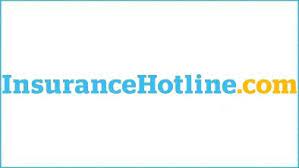
Once the paperwork is done, you can then connect with a licensed broker to purchase a policy from trusted insurance providers that best suits your need. It’s that easy.
Square One Insurance
With a single search on Square One Insurance’s online platform, you can get quotes, buy policies and submit claims. If you need help, you can talk to a licensed agent who can answer your questions via a webchat function or by phone. You’ll find home, condo, and tenant insurance, and if you rent out your home on Airbnb, affordable home-sharing insurance.
All policies cover most common personal items, such as laptops, smartphones and furniture, and you can purchase additional coverage for specialty items like bicycles and artwork. Policies also protect you against water damage and theft, plus the company will cover the costs of rebuilding your home to meet the latest bylaw or code changes. Even if you have bad credit, you’ll find the right policy at a modest premium.

The Co-Operators
Established in 1945, The Co-Operators has been a trusted, Canadian-owned institution for over 70 years. Home insurance quotes can be done online or in-person, and they offer comprehensive home insurance, as well as optional coverage and claims can be made through their iPhone app.
Their coverage goes above and beyond most policies by also covering everything from unauthorized debit or credit card use, identity fraud recovery expenses, and coverage of your personal property while you are moving. Plus, if you need more coverage, you can purchase optional insurance on top of that.

Allstate Home Insurance
If you’re looking for the flexibility to customize your insurance package, Allstate may be your best bet. Depending on your needs, Allstate lets you personalize your home insurance; there is a wealth of different coverage available, including basic, elite, and VIP packages. Their “myLocker” feature allows you to organize your home contents by category or room.
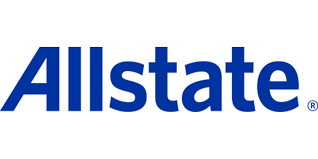
TD Home Insurance
If you have specific needs, TD Home Insurance offers additional enhanced home coverage and optional add-ons such as personal valuables and identity theft. That means you can get coverage for parents living in nursing homes, extra coverage to pay for eco-friendly repairs following a covered loss, and coverage for high-value items like jewellery, wine, and art.
If you bundle your home and car insurance, you’ll get access to free advice from their network of home contractors.
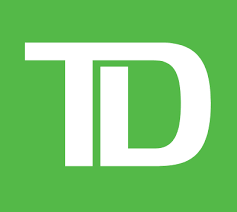
Types of coverage
Insurance isn’t one-size-fits-all and the best home insurance company for you depends on your needs and lifestyle. Typically, there are five different categories available in Canada:
Basic
Basic or standard insurance also goes by the moniker “named perils.” It covers the risks to your home and contents that are specifically named. Basic home insurance is usually more affordable as you as the homeowner carry the financial risk of paying for some of your losses. This might be a good option if you’re looking to keep premium costs to a minimum or you’re prepared to pay for some losses out of your own pocket.
Comprehensive
As the name suggests, comprehensive (or “all-perils”) home insurance covers all risks to your house and contents, except for any exclusions listed in the policy – so it’s important to read your policy! A good choice for homeowners who want peace of mind.
Broad
If basic coverage is cheese pizza and comprehensive is meat-lovers, then broad coverage would be pepperoni. It generally protects your home from all risks (except for named exclusions in your policy), as well as named perils coverage on your contents. With this type of coverage, any damage to your home caused by a peril not listed in your policy may not be covered. However, it’s a good choice if you’re looking to save a little money on home insurance.
Personal liability
Home insurance covers your property and your belongings. However, it doesn’t cover you against liability. Personal liability insurance covers legal issues relating to our home. It could be an accident where someone slips on ice on your driveway, or a fire spreads to your neighbour’s property.
No Frills
If you’re looking for the flexibility to customize your insurance package, Allstate may be your best bet. Depending on your needs, Allstate lets you personalize your home insurance; there is a wealth of different c available, including basic, elite, and VIP packages. Their “myLocker” feature allows you to organize your home contents by category or room.unt of coverage and is sometimes called a “basic fire policy.”
What does home insurance cover?
What your insurer will cover partly depends on the type of coverage you opt for. While there’s no hard and fast rule, home insurance companies typically cover the following:
- Damage or loss of your home and other structures on your property
- Damage, loss or theft of your personal belongings
- Injury or property damage to others who visit your property
- Accidental damage you cause to someone else’s property
- Personal property stolen from a vehicle
It’s important you read your policy carefully, so you understand what is—and isn’t—covered. For instance, home insurance doesn’t cover damage that is a result of lack of maintenance, such as damage due to freezing pipes, or normal wear and tear. It also won’t cover you for unexpected events such as earthquakes; however, you can buy additional insurance for instances like these.
Similarly, not all valuables may be covered under your insurance policy. If you have expensive electronics, high-end camera equipment or inherited your grandmother’s diamond brooch, you may need to pay a bit more to have these items properly insured. Don’t assume they’re automatically covered, especially if a single item is worth over $3,000.
Something else to factor in is whether you plan to have guests in your home. For many of us, paying down the mortgage by Airbnb-ing your space is no big deal. And while additional renters insurance is available, it’s important you understand what your protection covers. For example, home-sharing insurance through TD Insurance assumes you’ll be staying in the home at the same time as your guests. Therefore, unsupervised visitors are considered an unexpected risk and you’ll be expected to accept liability.
However, Aviva Canada now offers home-sharing insurance that will cover you if you rent through a home rental network such as Airbnb or HomeAway. Square One Insurance also offers Airbnb home insurance for about $40 per month. Be sure to check you’re adequately insured before you hand the keys to your apartment over to complete strangers. After all, who knows if that respectable-sounding couple has a freaky weekend planned?
Disclaimer
The content provided on Money.ca is information to help users become financially literate. It is neither tax nor legal advice, is not intended to be relied upon as a forecast, research or investment advice, and is not a recommendation, offer or solicitation to buy or sell any securities or to adopt any investment strategy. Tax, investment and all other decisions should be made, as appropriate, only with guidance from a qualified professional. We make no representation or warranty of any kind, either express or implied, with respect to the data provided, the timeliness thereof, the results to be obtained by the use thereof or any other matter.

